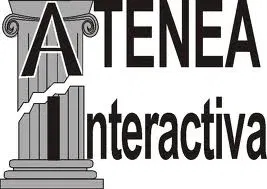The next 14th of March 2013 will be held in Madrid, the seminar “Electronic Evidence“, organized by Atenea Interactiva, with a cost of 400 € + VAT (Reimbursable through the Fundación Tripartita).
In this seminar we will discuss the concepts surrounding the world of electronic evidence, the proper procedures in digital forensics and its implication in the current legal system:
- Overview of electronic evidence.
- Performance of the experts.
- Legal and technological point of view.
- The position of the courts.
- Main problems and the absence of a specific legal regulation.
- Level of security and confidentiality in the expert procedure.
- Operation of the phases to obtain it.
- Solutions to prevent violations by workers.
- Spanish and European legal regulations that regulate and affect.
- Plan costs and deadlines for its implementation.
The term “electronic evidence”, popularized by the Electronic Evidence Forum, comes from the equivalent English name, and classifies as such electronic documents that can be submitted to the criteria of computer experts to determine their authenticity and be used as evidence in court.
When electronic signatures are used, their evidentiary effectiveness is particularly important because of the normative context that determines the presumption of integrity and attributability aspects. However, it does not take into account certain technical aspects (such as AdES-XL advanced signatures) and important elements such as datability (placing the signature in time) or the verification of its validity (with respect to the inclusion or not of the certificate, at the time of signing, in the list of revoked certificates) may be lost.
Laws such as the LAECSP (Law 11/2007) and LMISI (Law 56/2007) generalise electronic transactions in the private and public sector, but those who have to implement them often wonder how to present electronic evidence in court proceedings, if this is the case. The Spanish Civil Procedure Law is very advanced in the use of electronic means and, within its framework, mechanisms have been created to present electronic evidence in court.
On the other hand, security incidents leave behind a set of traces and vestiges that, when linked to each other and to other investigative sources, help to recreate the factual account of the event, thanks to the skills of the forensic investigators who analyse them. We thus add the assessment of unstructured evidence to the structured evidence that is managed in electronic transactions, completing the framework of evidence that can be presented, with the procedures foreseen in the procedural instances.
Concepts such as logs, hash, timestamping, databases, digital diplomacy, electronic signature, chain of custody, are handled in these contexts and are some of those that will be presented in this seminar taught by renowned professionals.
This day, which I will have the honour of chairing, will have the following PROGRAMME:
1. Introduction by the president of the conference Julián Inza
2. The value of computer evidence: Current problems Javier Pagès López
- The value of computer evidence.
- Some validity criteria
- Rules for expert action.
- Main current problems – Practical examples:
- Civil Environment.
- Mercantile Environment.
- Work Environment.
- Penal Environment.
- Some Existing Solutions:
- Certified Evidence Custody.
3. Cybercrime and insecurity 2.0 Antonio Ángel Ramos Varón
- Cybercrime as a business architecture around online crime.
- Visiting online channels for the exchange of: personal and banking data.
- The sale and acquisition of material to commit crimes on the network.
- Tracking a person or organization has never been easier.
- Using tools to track people or infrastructure.
- Analyzing jammed communications in a network.
- Malicious Apps, Installation of spyware on smartphones and tablets.
4. Digital diplomacy and management of evidentiary documents Julián Inza
- Authenticity of Electronic Documents. Digital Diplomacy. Digital Documentscopy.
- Electronic signature. Digital custody.
- Electronic office. Secure verification code. WORM systems.
- Private documents. Public documents.
- Long-term document custody. Data retention. Digital preservation.
- Digital Cardfile. File of Electronic Proofs.
- Electronic Evidence in the Civil Procedure Law.
- Structured and unstructured Electronic Evidence.
- The expert report referring to electronic documents.
- Seizure of evidence. Chain of custody.

